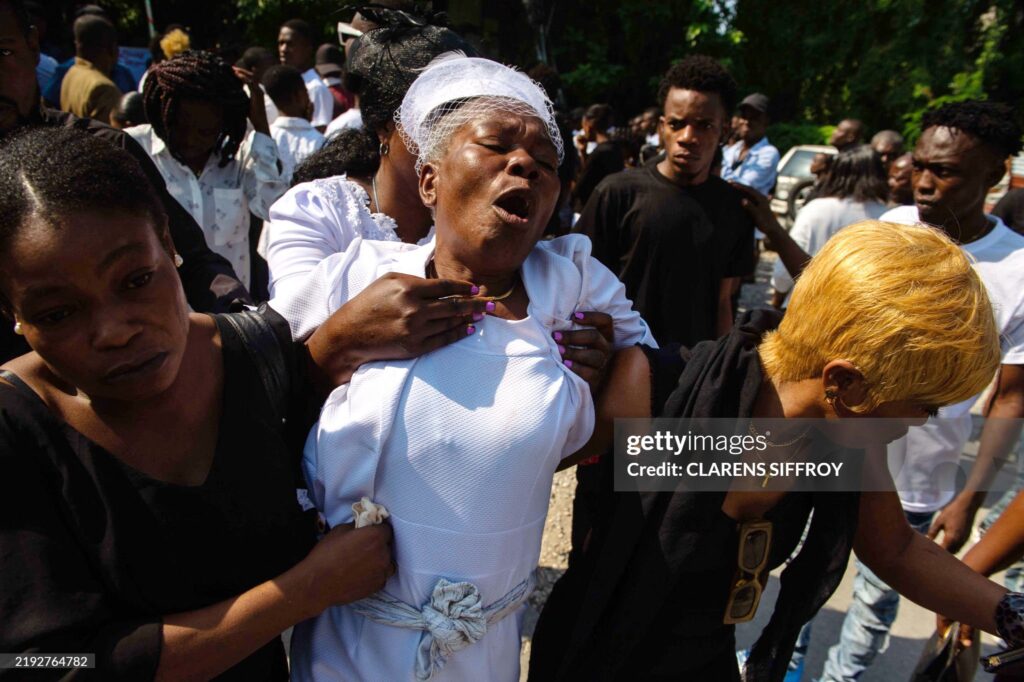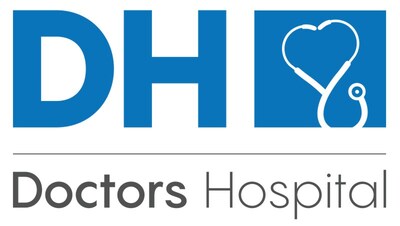The Caribbean’s Education System: What Do Declining Pass Rates Reveal?
 23 January 2025
23 January 2025


News Americas, WASHINGTON, D.C., Weds. Jan. 22, 2025: When students across the Caribbean received their Caribbean Examinations Council results last summer, a concerning picture emerged: only 4.9 percent of students – close to 200,000 students for the Caribbean Secondary Education Certificate exams – passed five or more subjects, including mathematics and English. Particularly alarming is the low success rate in mathematics, with just 36 percent of students passing that subject in 2024.

Parents and educators are expressing frustration over low pass rates: “The cumulative effects of years of poor educational outcomes are deeply concerning, especially given the well-established links between education and negative societal impacts such as crime,” said Paula-Anne Moore, spokesperson for the Group of Concerned Parents in Barbados and the Caribbean Coalition for Exam Redress, as reported by Barbados Today.
This raises important questions about the root causes of the educational challenges in the Caribbean and what steps can be taken to address them.
Data Concerns: A Lack of Comparability
One of the biggest challenges in understanding the quality of education in the Caribbean is the lack of globally comparable data. Unlike other regions, the Caribbean does not consistently participate in international benchmarking assessments, such as the Programme for International Student Assessment, (PISA). High-stakes regional exams implemented by the Caribbean Examinations Council, provide some insights into learning outcomes but not all students take these exams and some students prepare for them outside of school, given the exams’ importance for students’ education trajectories. As such, these assessments do not provide globally comparable snapshots of education system performance, as PISA and similar assessments do.
When the region engages in benchmarking exercises, the results highlight significant gaps. In the 2015 PISA assessment, out of 79 countries, Trinidad and Tobago ranked 53rd in reading, 59th in Math, and 52nd in Science. Jamaica ranked 61st in reading, 62nd in Math, and 59th in Science in 2022. These rankings are around the average for Latin American countries; however, Latin America’s top performers lag 3 to 5 years behind the OECD average, with students in the Caribbean much further behind.
A Foundational Learning Crisis
The data point to a larger, systemic problem: a crisis in foundational learning in the Caribbean. Foundational learning involves basic literacy, numeracy, and transferable skills, which are the building blocks for a life of learning. In many Caribbean countries, students leave primary school without mastering these skills, which hampers their ability to succeed in secondary education and beyond.
The implications of this crisis are far-reaching. Without a strong foundation in basic skills, students are unable to acquire higher-order competencies required for more complex critical thinking, problem-solving, and creativity—skills that are essential in today’s knowledge-based economy. This has a direct impact on economic growth and development, as a poorly educated workforce is less productive, less innovative, and less able to compete in a globalized world.
Inequality In Access To Quality Education
Adding to the challenge is the persistent issue of inequality in access to quality education. Many students attend schools that are under-resourced and face challenges such as overcrowding, underqualified or demotivated teachers, and often, significant levels of violence.
In Guyana, the shortage of available spaces forced secondary students to be accommodated in primary schools—referred to as primary top departments—significantly hindering the learning experience.
This inequality perpetuates cycles of poverty and limits social mobility. Those who attend elite schools are more likely to perform well in national exams, gain access to tertiary education, and secure well-paying jobs. In contrast, the majority struggle to pass exams, limiting their opportunities for advancement.
What Needs To Be Done?
Governments across the Caribbean are already prioritizing education; implementing reforms to improve access, enhance teaching quality, and upgrade school infrastructure.
However, achieving better outcomes will require a paradigm shift in Caribbean education systems, including enhanced alignment with the global agenda for transforming education. Efforts should be directed toward addressing inequality and ensuring a minimum level of quality for all students; a stronger emphasis on foundational learning; increasing resilience and adaptability of education systems; strengthening digital education, including improving data collection and education management information systems and finding solutions to retain talent within the region. Partnerships are also critical, and regional entities such as the Caribbean Community and the Organization of Eastern Caribbean States Commission have a strong role to play.
The World Bank is actively supporting these efforts, including by gathering evidence for building consensus on the strengths and challenges of Caribbean education systems and by providing evidence-based recommendations for reform. For example, Education Public Expenditure Reviews completed in Jamaica and Belize and ongoing in Barbados, provide a comprehensive analysis of the efficiency and equity of education spending, benchmarking the country’s performance against regional and global standards.
The Public Expenditure Review in Jamaica laid the analytical groundwork for the Jamaica Education Project. The project, launched in 2023 is helping Jamaica improve teaching methods, upgrade secondary school facilities – including the construction of a new school to accommodate 2,400 students from underserved communities – and enhance education management information systems for better decision-making.
In Guyana, the World Bank is supporting the expansion of access to quality secondary education and enhancing technical and vocational training to meet labor market needs. With the Bank’s support, Guyana now has three new secondary schools equipped with state-of-the-art technology. The recently completed Good Hope and Westminster Secondary Schools have added 1,800 new spaces for students, ensuring better access to quality education.
Caribbean countries can make significant strides in improving the quality of education, ensuring Caribbean children have the future they deserve – one filled with opportunities and bright prospects.
Related News

Guess How Many People Have Been Displaced By Gang Violence In Haiti?

Turning Crisis Into Opportunity: Trump’s Deportation Order And Its Potential Impact on t...

Baptist Health International and Doctors Hospital Cayman, Collaborate Toward Joint Commiss...

